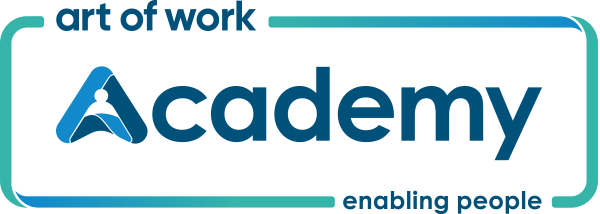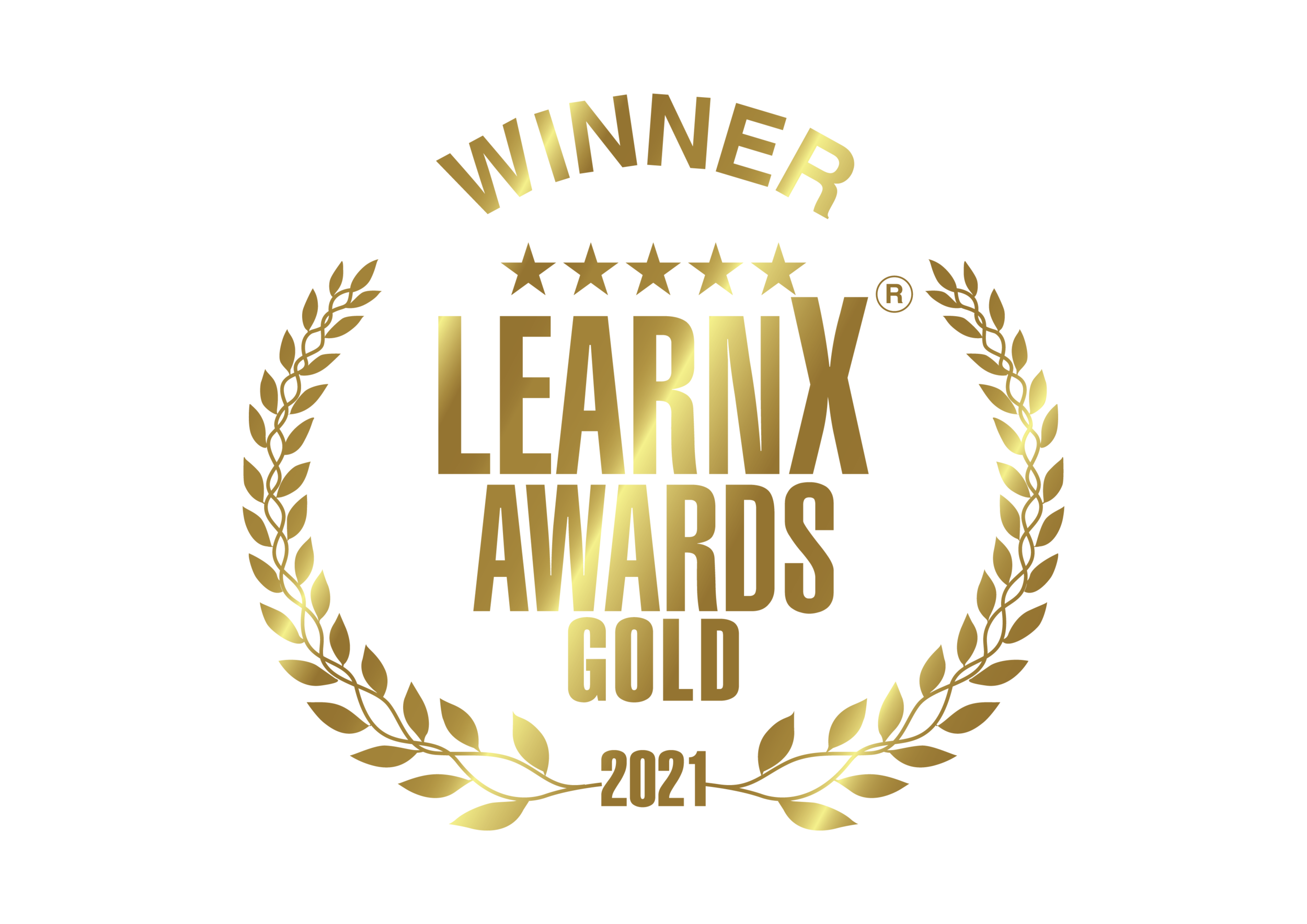
Enabling Design: Using Work-centred Design to Build Safety Capacity
Bring design thinking to your organisation to elevate controls and solutions away from wasteful and repetitive administrative processes and move your organisation’s safety thinking upstream.
Work-centered design is not about prevention through design - it’s about designing for better work through engaging those closest to the task. Shift from a reactive mindset to one of curiosity and creativity and break the cycle of incident-investigation-incident to build effective and sustainable solutions to safety problems.
Enabling Design: Using Work-centered Design to Build Safety Capacity teaches you how to harness the innovation and creativity that exists within your organisation to build processes that are fit for purposes, safe and sustainable. Learn the tools and tactics needed to bring work-centered design to your organisation and implement a sustainable difference to the way work is done, by building upon what goes right.
EXPLORER
Concept introduction and explorer
GUIDE
Operational delivery of concept in an organisation
PATHFINDER
Subject matter expert designing and delivering concept in organisation
STRATEGIST
Executive deployment of concept across an organisation
what is work-centred design?
Organisations and professionals are increasingly interested in the ideologies established by Safety Differently and in the potential of Safe Design. However, too often these concepts are seen at odds with each other with one viewing people as the solution and the other viewing engineering as the solution. Enabling Design: Using Human Centred Design to Build Safety Capacity is about building a synergy between two concepts, bringing the end user into the design process through curiosity and learning from how work is done, rather than how work is intended.
“Safety has been imposed on design, we must impose design onto to safety.”
Duties of the designer under the WHS legislation Under section 22 WHS Act prescribe that the designer must ensure structures are designed to be safe when it is used as a workplace during its lifecycle. This includes during the construction of the structure, the purpose for which the structure is designed, the maintenance, cleaning or repair of the structure and the eventual demolition at end of life. Designers must also consider the safety of people in the vicinity of the workplace.
This requires engineers to consider the potential risks involved in the life of a design, to ensure it is safe to build, operate, maintain, and demolish a structure / building / plant. This course addresses safety in the engineering design process, and introduces safety differently as the method to meet obligations and leverage user-centred design to innovate and provide design solutions to operational conditions. It will include the implementation of risk management processes described in ISO 31000.
what will you learn?
The similarities in the safe design and safety differently movement.
The broad definition of ‘design’ as a foundation for safety differently.
How the upstream influences what goes right.
How the work design process can be enhanced by learning from what goes right.
What leaders and safety professionals can do to build an enhanced safety management system based on the synergies presented in this course
who is this for?
Senior Leaders - Who want to engage their organisations and bring ‘buy-in’ to a new way of designing safe work.
Operational Leaders / Line Managers - interested in bringing design thinking to safety across organisations
Safety Leaders - interested in incorporating design principles for better safety outcomes
Safety professionals who are interested in building resilience within their organisation through challenging the reactive status quo, learning from what goes right and designing the conditions for ongoing successful work.
program structure
Module 1: What is design and Work-centred design?
Module 2: Accidents, Regulations, and getting past the bureaucracy
Module 3: Design Thinking
Module 4: Opportunities for Innovation
This highly interactive and participative program blends individual self-paced learning and reflection with engaging live online group sessions. Each participant will be given access to our interactive platform featuring case studies, videos, podcasts, articles and more, to optimise your learning journey.
The program runs over 4 weeks and consists of 4 x 120-minute sessions.
Before each module begins, we will invite you to undertake guided, self-led learning, including a thought-provoking video, podcast, and reading collateral to prepare you for the topics featured in the next module.
meet our facilitators
-
Michael is a professor of Occupational Safety at East Carolina University in Greenville, NC, and Coordinator of the Working Commission on Safety and Health in Construction at the International Council for Research and Innovation in Building and Construction, in the Netherlands. He holds a PhD in Public Health from Oregon State University. Mike has been a Certified Safety Professional since 1995. He was a safety and health professional for 10 years with Lenox China and Saint-Gobain Corporation. Mike serves on the National Institute for Occupational Safety and Health’s Construction Sector Occupational Research and Prevention through Design (PtD) Councils. He was previously a Research Fellow at the Centre for Urban Greenery and Ecology, Singapore focusing on safe design aspects of urban greenery systems, and a Visiting Fellow at RMIT University in Melbourne, Australia. Mike’s philosophy on work is that each person has a significant role in arranging the conditions where they and their workmates can be successful.
-
Kelvin Genn is the Art of Work’s Managing Director. He is a strategic systems thinker with experience in Human Factors and organizational re-engineering. He developed his systems thinking approach working in the Royal Australian Air Force for 10 years. Following this, for 10 years, he led systems and risk management program across Asia Pacific and Europe with Compass Group Plc, the world’s largest support service company with more than 750,000 employees.
More recently he was working for (SKM) Sinclair Knight Merz as the Global General Manager for Safety and Wellness delivering safety for major project construction in mining, energy and infrastructure.
As a Board Member for NSW Health, Kelvin has worked as the NSW Health Director for Clinical Quality and Patient Safety. He has also worked with the Australian Commission on Safety and Quality in Health Care to develop the national accreditation system for all health care providers across Australia. He was responsible for shaping the state and national agendas for clinical health care safety and quality through provision of expert advice to the NSW Health Management Board and the NSW Minister of Health.
pricing
Book your spot now for $950*.
Art of Work’s group discount for 3 people is $2700*!
Lighthouse members receive a discounted price of $855*.
* Excluding GST
Thursday 25 August
10:00 am to 12:00 pm AEST
Thursday 1 September
10:00 am to 12:00 pm AEST
Thursday 8 September
10:00 am to 12:00 pm AEST
Thursday 15 September
10:00 am to 12:00 pm AEST
Gold LearnX Award for Best Blended Model
AOW Academy blended online learning with instructor-led training and utilising digital workbooks within the physical environment.
why choose art of work?
Founders of Safety Differently: we brought the Safety Differently movement, theory and research into practice. We live and breathe the principles and have first-hand experience implementing Safety Differently in organisations across different sectors.
Personal: we create small learning groups to allow you to benefit from individual attention in a ‘safe space’ environment. We will encourage you to understand your leadership style and strengths whilst supporting your areas for development with the potential for coaching sessions.
Collaborative: in your learning ‘cohort,’ you will have the opportunity to expand your network, gain new ways of thinking and test ideas with peers from a range of sectors and businesses.
Practical: we adopt a strong practical focus to enable you to bring your learning to life back in your organisations. Our facilitators are subject matter experts and are immersed in the latest thinking and know-how to put it into play.
how will you learn?
With our blended learning approach, you will receive in addition to the 4 x 120 minute live sessions, a suite of companion online content that will help to reinforce your understanding of the different concepts, tactics and strategies covered in the program. These include:
what you will take away
The conversation does not end at the completion of this program. Guide level academy courses include:
Six months access to courses materials, workshops recordings
One year membership to art of work lighthouse including access to a ‘private’ Lighthouse Resource Centre - a comprehensive web portal packed with case studies, Master Class content, reference documents and white papers
Invitation to quarterly Lighthouse virtual collaboration and networking events, featuring topical themes and renowned guest speakers
Access to private LinkedIn Group; a chance to connect, share ideas and learn from like minded professionals


























